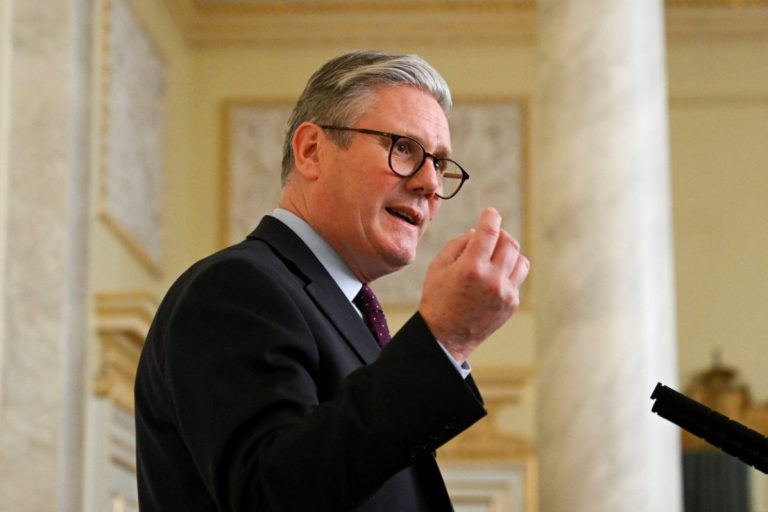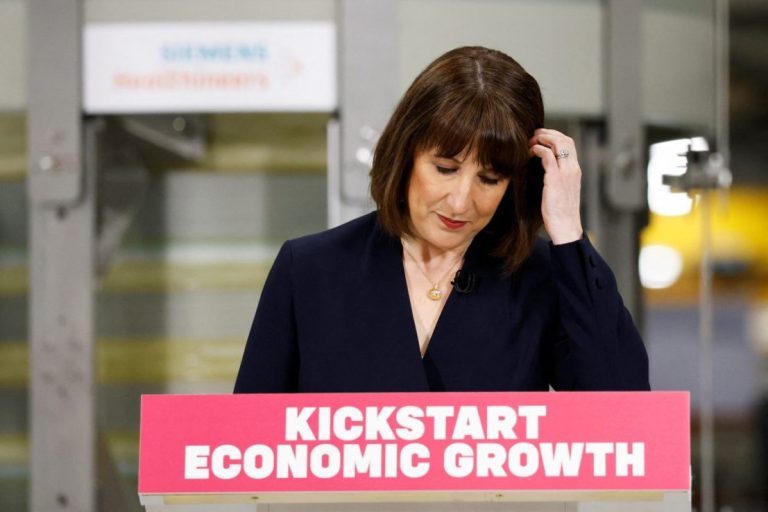
In a strategic maneuver reflecting the high-stakes nature of global security, the Conservative Party is actively exploring the implementation of an Israeli-style ‘Iron Dome’ defense system in the United Kingdom. Amidst escalating international tensions, most notably due to Russia’s persistent aggression in Ukraine and ongoing instability in the Middle East, the need for enhanced national defense capabilities is more pronounced than ever. Shadow defence secretary James Cartlidge and shadow defence minister Mark Francois are at the forefront of these discussions, championing the potential introduction of advanced missile defense systems tailored to UK-specific threats.
Conceptualizing a UK ‘Iron Dome’
The Israeli Iron Dome is celebrated for its robust, multi-layered defense engineering, capable of intercepting short-range projectiles with a reported success rate exceeding 90%. Supported and partly funded by the United States, this defense system serves as a model of operational excellence, consistently averting rocket threats from organisations such as Hamas and Hezbollah. Drawing inspiration from its proven efficacy, the UK Conservatives are contemplating how such infrastructure could serve Britain’s unique defense needs, particularly in deterring threats from actors like Russia.
Shadow minister Francois articulates the Conservative perspective: « One of the things that we’ll be looking at is, does the United Kingdom need something like that [Iron Dome] against a Russian threat, and if it does, how would you do it and what does it cost? » The Conservatives, currently in opposition, view this as an opportunity to reshape the UK’s defense policy direction, with aspirations to enshrine such a strategy into party policy formally.
Political and Economic Context
These deliberations unfold against the backdrop of Donald Trump’s aspirations for a ‘Golden Dome’—a rumoured US initiative modeled on the Iron Dome—to bolster American defenses against long-range attacks. This development, coupled with Trump’s intentions to recalibrate US military commitments abroad, places further impetus on UK policymakers to consider autonomous defense advancements.
Domestically, these considerations have catalyzed a broader discourse within the Conservative Party. Key figures like former Defence Secretary Penny Mordaunt have previously advocated for a similar initiative following missile incidents involving Iran. Meanwhile, shadow ministry leaders like Kemi Badenoch emphasize aligning UK defense expenditure with the increasing global threat landscape, calling for defense spending to reach 3% of GDP by 2029.
Challenges and Future Projections
The idea of adopting and adapting foreign defense systems isn’t without its challenges. Experts and critics alike will scrutinize potential cost implications, technological compatibility with UK military assets, and the political delicacies involved in such a vast undertaking. Furthermore, the investment required for people, processes, and technology introduces significant fiscal considerations for the Exchequer, requiring a cost-benefit analysis that aligns with national priorities and public consensus.
In parallel, the Conservatives aim to consolidate their defense propositions by the forthcoming Autumn conference, amid internal dialogues prioritizing long-term strategic policies over a short-sighted focus on electoral appeal. Rachel Maclean and other senior strategists maintain that there is no urgency in unveiling extensive policy lists while the party is in opposition, underscoring a long-term vision for comprehensive defense readiness.
As these discussions evolve, the proposal reflects a nuanced recognition of global geopolitical realities and the necessity for adaptive strategy in national defense. Navigating these complexities will ultimately define the Conservative Party’s ability to propose a sustainable security architecture tailored to 21st-century risks and challenges.



